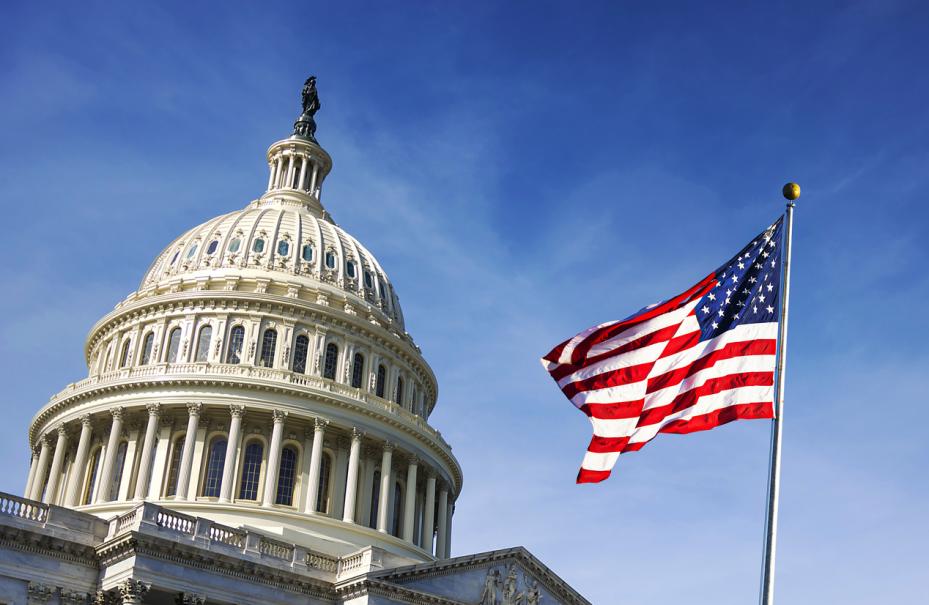Shocked but not Surprised
by Father Patrick O'Shea - Lower Hutt
People whose minds were tormented, whose hearts were bruised, whose bodies were broken, whose spirits were crushed sought out Jesus and found in him rest for their souls and release from their burdens.
 Elderly person burdened down with a heavy load
Elderly person burdened down with a heavy load
When the Capitol building in Washington was taken over by protesters on January 6, a common response from many commentators was that they were “shocked but not surprised”. Although many were dismayed by what the people did, they believed that the groundwork for this action had been laid well in advance. Part of the reason why Mr Trump won the election in 2016 was because of his ability to give voice to the discontent with establishment politics that many people had been feeling for some time. The constant references to “fake news” and “alternative facts” would have undermined trust in the media, often portrayed as “the enemy of the people”. Before the 2020 election happened, doubts were raised about aspects of the election process. Fuelled by the rhetoric that the election had been stolen, the followers of President Trump responded to what they perceived to be a call to take back their country.
The notions of “shock and surprised” carried over into my reflections on the weekday scripture readings especially the gospel of the cure of the paralytic. That the friends of the man brought him to Jesus was not surprising as Jesus, very early in his ministry, established a reputation as a person who could and would heal the sick. The shock might have been that they interrupted the teaching of Jesus by their desperate actions. But Jesus, rather than being upset by the interruption, was in admiration of their faith. He moved easily from words about the kingdom to actions that help establish it. By the way, making a hole in the roof was not as shocking then as it may be to us who have a very different image of a roof in mind.
 The Capitol Building in Washington
The Capitol Building in Washington
It was perhaps a surprise to hear that the Scribes were present listening to Jesus. Later in his ministry we are made aware that they were indeed listening but with the specific purpose of finding something to use against him. But this early in his ministry they might have been just curious about what he had to say. When someone comes along and makes the kind of impression that Jesus did with both his words and actions it is no surprise that people, especially religious leaders, would want to check him out.
The big shock for them came when Jesus responded to what was happening by telling the man his sins were forgiven. In their view only God could forgive sins, so this man was blaspheming. When Jesus asked them, which was easier to say “your sins are forgiven” or to say “take up your mat and walk” they had no answer. For the Scribes both were equally impossible. For Jesus they were the same thing – healing and forgiveness were part of the same process of restoring to people their child of God identity which sin had paralysed. In commenting on the contrast between Jesus and the Scribes John Shea suggests that while the Scribes wanted to hold people in their sin, Jesus wanted to release them.
People whose minds were tormented, whose hearts were bruised, whose bodies were broken, whose spirits were crushed sought out Jesus and found in him rest for their souls and release from their burdens. Many came to believe that Jesus was indeed the embodiment of God whom Scriptures constantly tells us is rich in mercy, slow to anger and full of compassion. That was the experience of God that Jesus made possible for people.
Sadly, the Scribes and Pharisees did not seem to have had the same experience. Very early on they decided that Jesus must be opposed. Once that decision was made nothing Jesus did or said could change their minds. Rather they became further evidence in support of what they now believed about him so that even his good deeds were interpreted as the work of the devil. We have seen this same dynamic at play in recent times in the rise of conspiracy theories. Once people become convinced about something even without strong supporting evidence, everything that happens after is read through the lens of that belief and tends to confirm it. Conspiracy theories can seem weird and even shocking to those who hold other convictions, but they are not surprising in a world with so many conflicting voices and where the seeds of doubt have been widely sown.
Jan 22, 2021
